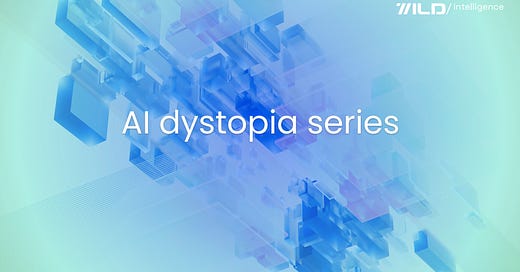How can we ensure responsible innovation in AI to avoid a dystopian future and instead harness its potential for good?
Summary
In this episode, we discuss the limitations of current AI technology, particularly in areas such as large language models and retrieval-augmented generation models (RAGs).
It argues that while these tools are powerful, they can struggle to provide accurate and reliable information, especially when faced with complex or ambiguous queries.
We also highlight the need for robust information architecture and ontologies that are free from bias to ensure ethical and responsible development and deployment of AI.
We propose a modular approach to AI, suggesting that general-purpose AI should be broken down into single-purpose tools with built-in safety features to mitigate the risks of unintended bias and discrimination.
Ultimately, we emphasize the importance of human oversight and collaboration in guiding the ethical development of AI.
The questions to ask:
What are the potential benefits and drawbacks of using ontologies in AI systems, particularly in scalability, information architecture, and user experience?
How do Retrieval-Augmented Generation (RAG) models address the "known-unknown queries" problem, and what are their limitations in comparison to human reasoning and information-seeking abilities?
What are the ethical considerations surrounding the development and deployment of general-purpose AI, and how can we ensure responsible innovation while maintaining the potential of this?
This conversation was auto-generated with AI. It is an experiment with you in mind.
The purpose of this first podcast series is to consider how we can reverse the current rising tide of threats by shifting our conception of systems adapted to the new paradigm.
Looking forward to your feedback. I appreciate your support and engagement.
Yael











Share this post